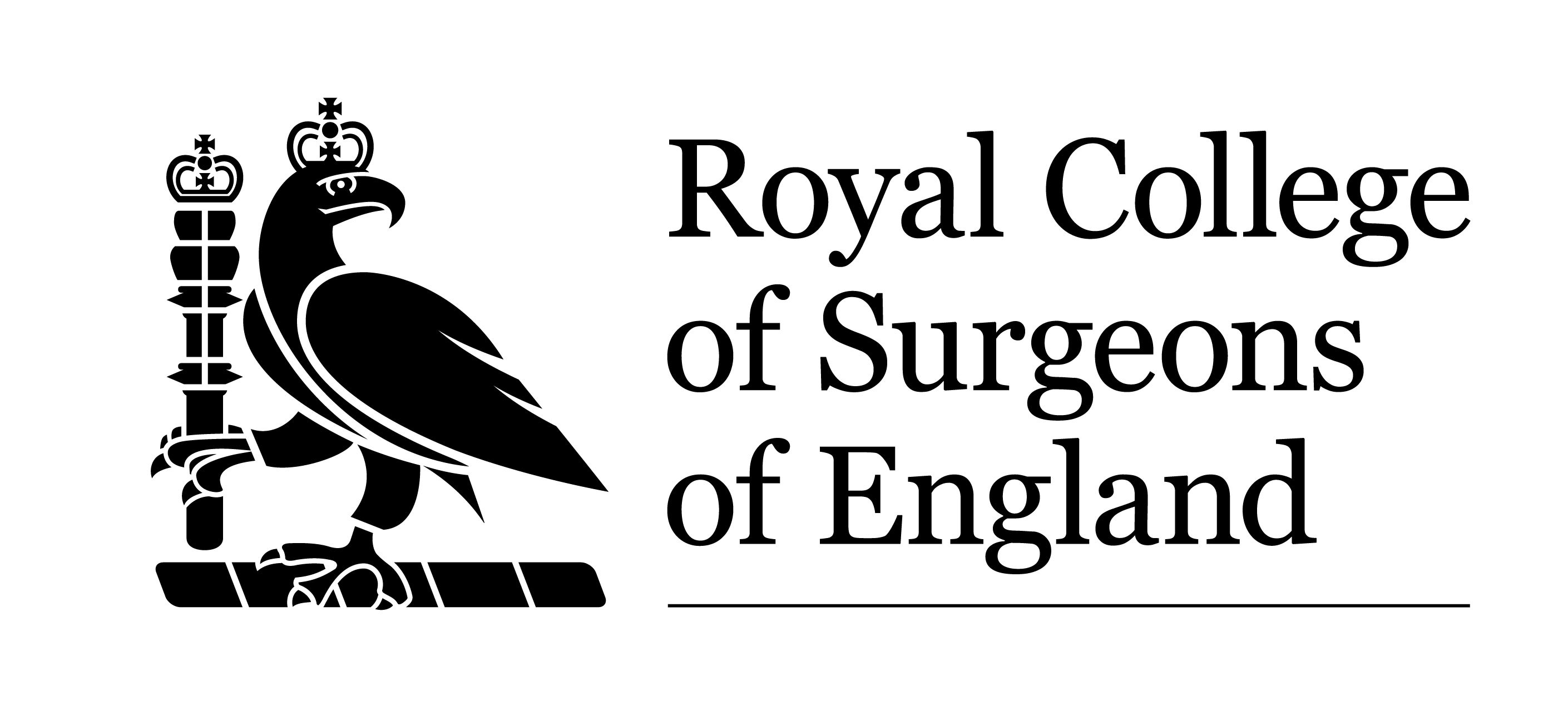RCS England Council responds to controversial new review of Surgical Care Practitioner scope of practice
The Council of the Royal College of Surgeons of England has “expressed alarm at the practices outlined” in a recent paper published in the Annals of the RCS England claiming surgical care practitioners (SCPs) can effectively and safely perform laparoscopic cholecystectomies.
The paper, entitled ‘Laparoscopic cholecystectomy performed by a surgical care practitioner: a review of outcome’, details the outcomes of a SCP performing laparoscopic cholecystectomies at Walsall Healthcare NHS Trust between June 2015 to November 2019. In it, the authors conclude that “elective LC can be safely performed by an appropriately trained and supervised SCP.” However, in their statement, RCS England firmly states “SCPs should not undertake laparoscopic cholecystectomies with or without supervision.”
RCS England has crucially highlighted how the paper, despite being published in the Annals, did not reflect the views of the College: “The journal is editorially independent to allow for the publication of articles that contribute to surgical research and understanding, even if they do not necessarily reflect College policy.”
Following the paper, RCS England Council has “voiced serious concerns” about the findings, stressing “the impact and potential safety risks to patients, including how these were raised through patient consent, and potential medico-legal ramifications.”
Echoing these concerns, the Royal College of Surgeons of Edinburgh equally issued a statement criticising the publication: “Bile duct injuries are one of the most common causes of litigation in this country and can be catastrophic for patients. Consequently, laparoscopic cholecystectomy should only ever be undertaken by medically-trained surgeons.”
The paper is, according to its authors, “what we believe is the first published series of LC performed by an SCP.” It includes a retrospective review of a prospectively collected database was performed for the analysis of the paper, where “the Primary outcome was any complication requiring intervention,” while the “Secondary outcomes were minor complications, operative time, length of stay, conversion and readmission.”
“There is a paucity of published data on surgical outcomes of procedures performed by SCPs. With a structured, supervised approach, SCPs could be trained to take on more complex procedures and further strengthen the surgical workforce,” The paper claims.
“This study demonstrates that elective LC can be safely performed by an appropriately trained and supervised SCP.”
Beyond the patient outcome-based data analysed in the review, the authors justify SCPs taking on this increased role in surgery by highlighting the key challenge of the elective backlog: “More than 60,000 laparoscopic cholecystectomies (LC) are performed annually in the UK. With ever-increasing pressure on waiting lists, it is important to look at fully utilising the skills of our entire workforce.”
While elective backlog and workforce shortages are a key concern for the NHS, RCS England firmly disagrees with the paper and its authors’ suggestion that SCPs taking on the increased role outlined is the solution to effectively remedying the issue.
You can read the full press release below:
“The Council of the Royal College of Surgeons of England has expressed alarm at the practices outlined in a recent paper highlighting the outcomes of a surgical care practitioner (SCP) performing laparoscopic cholecystectomies at Walsall Healthcare NHS Trust between June 2015 to November 2019.”
“SCPs should not undertake laparoscopic cholecystectomies with or without supervision. RCS England Council, which met on 9 May 2024, voiced serious concerns about the impact and potential safety risks to patients, including how these were raised through patient consent, and potential medico-legal ramifications. In 2022, the Royal College of Surgeons of England and the Royal College of Surgeons of Edinburgh published The Curriculum Framework for the Surgical Care Practitioner. This unambiguously defines the expected technical skills for an SCP supporting a team undertaking a laparoscopic cholecystectomy as being restricted to understanding and supporting ‘patient positioning, port site/exposure required, common complications and how to avoid these, and postoperative considerations’ (see pages 54-55). The previous iteration of this document supported by RCS England was also specific that laparoscopic cholecystectomies should not be carried out by a SCP.”
“RCS England Council reminds local consultants of their responsibilities when agreeing how surgical care practitioners work as part of surgical teams. Consultants must ensure their decisions align with the agreed scope of practice for SCPs.”
“Council also expressed concern about the impact of denying training opportunities for surgeons in training and SAS doctors. It is essential that surgeons in training do not miss out on training opportunities and that their trainers have a clear focus on providing the best possible training.”
“SCPs, along with surgical first assistants, typically have backgrounds in nursing or operating department practitioner roles. As such, they are well embedded and valued members of the surgical team who are regulated by their original professional body – the Nursing and Midwifery Council or the Health and Care Professions Council – and undertake post-registration clinical practice before undergoing further structured training to become SCPs. There is a clear curriculum and defined scope of practice for SCPs which underpins the MSc in Surgical Care Practice. This stands in contrast to physician associates (PAs) where the College is working with the other surgical royal colleges, specialty associations, Association of Surgeons in Training and the British Orthopaedic Trainees Association to define a scope of practice with clear parameters. Members can read our most recent statement on physician associates here. While our current focus is on the PA scope of practice, we recognise the importance of reviewing The Curriculum Framework for the Surgical Care Practitioner to ensure it is clearly communicated and remains tightly defined.”
“The journal article was published in the Annals of the Royal College of Surgeons of England. The journal is editorially independent to allow for the publication of articles that contribute to surgical research and understanding, even if they do not necessarily reflect College policy. This editorial independence reflects the approach of other academic journals affiliated with organisations, such as the British Medical Journal. The present paper has drawn attention to an SCP’s practice at a local hospital during 2015-2019 and now allows the College to remind the surgical community and wider NHS about the recently published Curriculum Framework which sets out clear expectations around a SCP’s scope of practice.”
“We will be providing a copy of this statement to Walsall Healthcare NHS Trust, NHS England, the authors of the paper, and other interested parties.”
.png)
 Acute & General Medicine
Acute & General Medicine
 Anaesthesia & Critical Care
Anaesthesia & Critical Care


